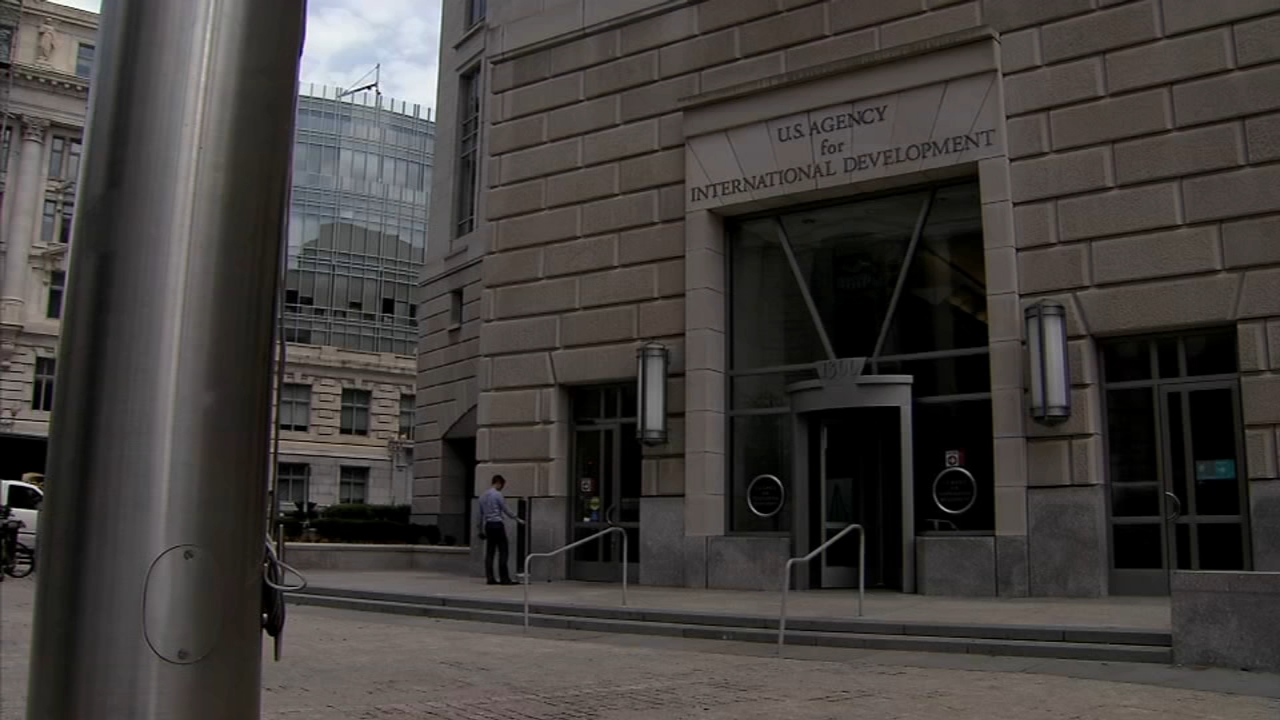Truck companies struggle to meet CA emissions demand to have engine models of 2010 or newer by 2023
"This is a disaster waiting to happen." Companies worry people could lose their jobs, and the supply chain issue will get worse.

OAKLAND, Calif. (KGO) -- Bill Aboudi has already had a difficult couple of years battling the COVID-19 pandemic and the supply chain issue that came as a result of it. Now he faces the possibility of losing nearly his entire fleet.
The California Air Resources Board is requiring semi-trucks and other diesel commercial vehicles to have engine models of 2010 or newer by the start of next year. They are requiring it to help meet new emission standards.
"This is a disaster waiting to happen," Aboudi said. "Only two of my 13 trucks will be compliant next year."
He is the President of AB Trucking in Oakland. His company mainly serves carriers coming to and from the Port of Oakland. Aboudi says new trucks are expensive and hard to find.
"We are a local company and we mostly use hand me down trucks," he said. "A $30,000 truck is going for over $100,000 right now."
If you're on the ABC7 News app, click here to watch live
That is mostly due to the ongoing semi-conductor shortage. Aboudi says new trucks are not being manufactured, and therefore, used trucks are higher in demand. $100,000 is too much for him, and he fears he will have to lay off the truck drivers for the vehicles that aren't compliant.
"We are talking about people's livelihoods here," he said. "I support new trucks, but it is just not possible right now."
RELATED: Small trucking firms get eviction notices from Port of Oakland to make room for more containers
On top of that, he says removing trucks will only make the supply chain worse. With 11 fewer trucks, Aboudi will not be able to serve his clients.
"Just wait and see what the warehouses will look like, it won't be good," he said.
RELATED: Trucking company experiences backlog at Port of Oakland as supply chain issue continues

His company is not alone. According to the Western States Trucking Association, a nonprofit group that advocates for small trucking companies, says around 40,000 vehicles in the state are older than 2010 models. If those don't get upgraded, they won't be allowed on the road. They say a lot of people could lose their jobs, and the supply chain issue will get worse.
"This potentially could make the supply chain issue everyone is familiar with look like child's play," said Joe Rajkovacz, Government Affairs Director at the WSTA. "You would be taking a big chunk out of the chain."
We reached out to CARB and are waiting a reply. The WSTA and Aboudi say they want an extension by at least one year. They plan to send a letter to the board explaining the issue.
"Let us keep our trucks for another year and wait for this pandemic to be over and the supply chain is back to normal," Aboudi said.











